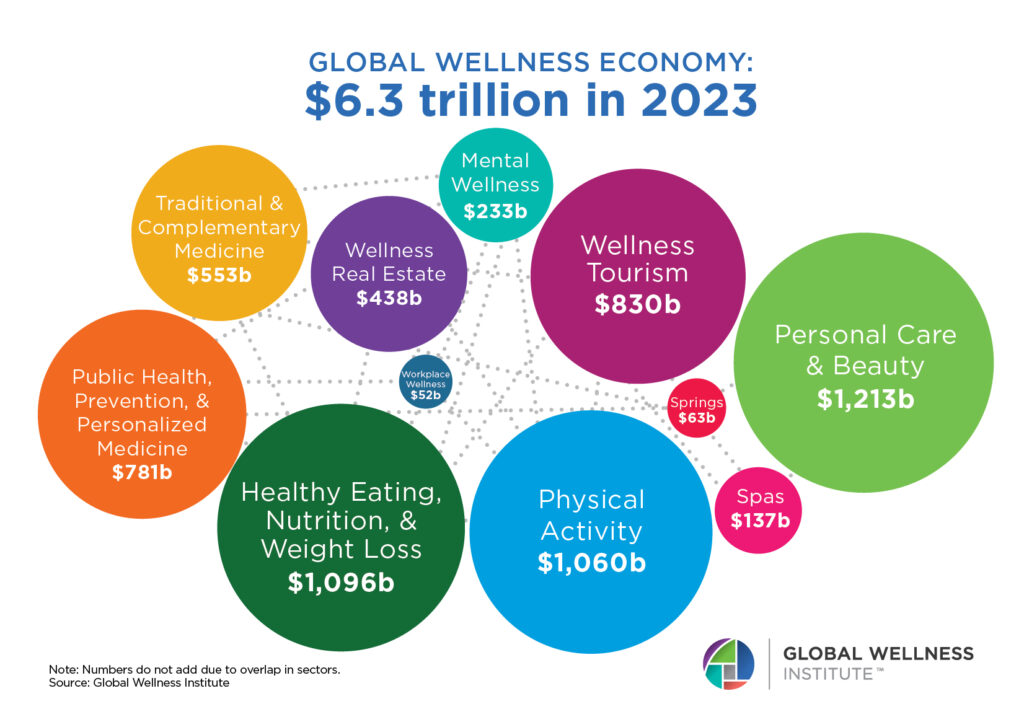Board Certified Ayurvedic Practitioner/Holistic Health Educator
When choosing a Wellness Practitioner, Life Coach or Health Professional, I always recommend to do your research or fact check. Recommendations via personal experience from friends is an excellant resource. Check to confirm the wellness professional has speciality experience and valid credentials(plus liability insurance).
Whether it be a state held license, a board certification, noted continuing eduction, or complimentary skill sets, look for a respected and peer reviewed practitioner.Ask questions! Make sure you feel a mutual understanding about what is allowed in the practitioner's Scope of Practice.Remember that YOU are your best caretaker. It helps to have a solid support structure in your life. Life will always have its up's and down's. Knowing when to enact support is a wisdom of your own intellect. Here are some additional tips to help you in your search for a Wellness Practitioner.

The Global Wellness Institute publishes an annual Global Wellness Report. Here are some insights from their report from 2024.
-
The Global Wellness Economy Reaches a New Peak of $6.3 Trillion––And Is Forecast to Hit $9 Trillion by 2028
New Global Wellness Institute research reveals a wellness market with relentless momentum, worth 26% more than it was pre-pandemic. The wellness industry is now roughly four times larger than the global pharmaceutical industry ($1.6 trillion) and nearly 60% as big as all consumer health expenditures ($10.6 trillion)
Key Points
There is no standardized, national system for credentialing complementary health practitioners. State and local governments are responsible for deciding what credentials practitioners must have to work in their jurisdiction. The credentials required for complementary health practitioners vary tremendously from state to state and from discipline to discipline.
Credentialing, Licensing, Certifying—What’s the Difference?
Credentials is a broad term that can refer to a practitioner’s license, certification, or education. Government agencies grant and monitor licenses; professional organizations certify practitioners.
Certification can be either a prerequisite for licensure or, in some cases, an alternative. To get certified or licensed, practitioners must meet specific education, training, or practice standards. Being licensed or certified is not a guarantee of being qualified.
States use the following approaches to credential practitioners:
Mandatory licensure: requires practitioners to have a license for providing a service.
Title licensure: requires practitioners to have credentials before using a professional title.
Registration: requires practitioners to provide information about their training and experience to a state consumer protection agency.
I am a practitioner who adheres to all three credential guidelines listed above! It is a privilege to stay abreast with the current trends of my industry and also serve a source of education for the general public's wellbeing.



